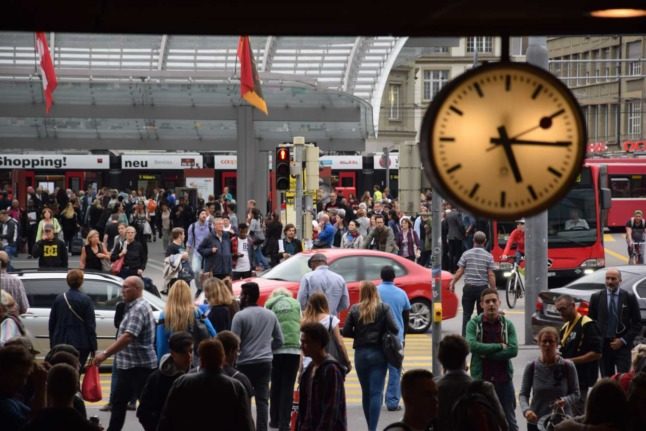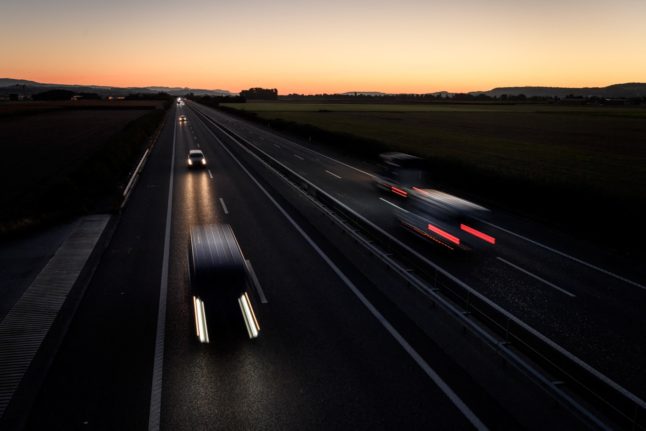The renovation and expansion of the central station in the Swiss capital of Bern will be delayed by two years, authorities announced on Wednesday.
EXPLAINED: How to find cheap train tickets in Switzerland
The works on the station, Switzerland’s second largest, were set to be completed in 2027 but will now not be finished until 2029.
The Swiss federal railways (SBB), Bern railways (RBS) and the city of Bern made the announcement on February 16th, saying geological issues, the Covid pandemic and other problems will see the plans delayed.
“Demanding geological conditions and hydrological difficulties, contaminated sites, the corona pandemic and a lack of options for acceleration are delaying construction work on the highly complex large-scale project of the future Bern train station” they said in a press statement.
The delays will also push the costs of the project higher, by between CHF100 and CHF150 million francs.
The expansion and renovation project was deemed necessary due to increasing traffic in the station, which regularly hits capacity at peak times.
READ MORE: Why is Bern the ‘capital’ of Switzerland?
Work has been underway since 2017.
In addition to the construction of a new station under the existing SBB tracks, the renovation will build an additional pedestrian underpass, which will be completed in 2028.
Two new station entrances will be constructed, while the surrounding area of the station will also be incorporated into the project so as to minimise bottlenecks during peak times.



 Please whitelist us to continue reading.
Please whitelist us to continue reading.
Member comments